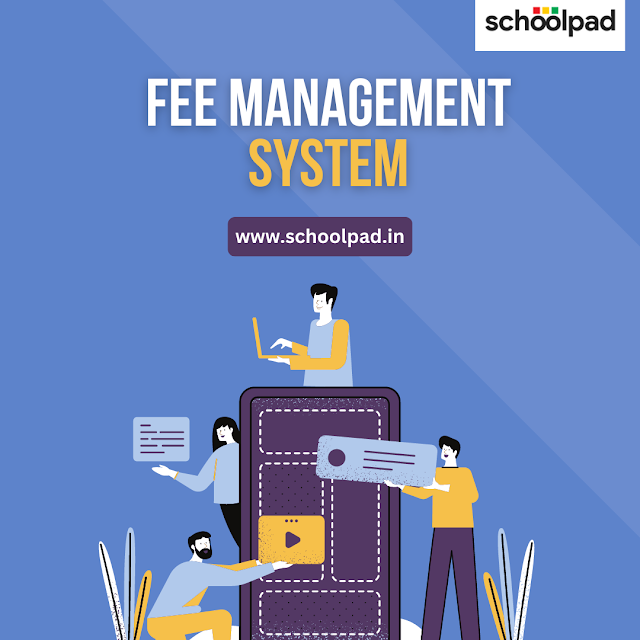Optimizing Education: The Power of a School ERP System
A School ERP (Enterprise Resource Planning) system is a comprehensive software solution designed to streamline and automate various administrative and academic processes in educational institutions. It provides a centralized platform for schools and colleges to manage all their activities efficiently, thereby enhancing productivity and communication among stakeholders. Here are some key features and functionalities commonly found in a School ERP system:
1. Student Information Management: The ERP system stores and manages student data, including personal information, academic records, attendance, behavior, and health details.
2. Academic Management: It facilitates course management, class schedules, assignment tracking, grading, and exam management, allowing teachers to efficiently manage their academic responsibilities.
3. Fee Management: The ERP system handles fee collection, receipt generation, payment tracking, and overdue fee management, making financial transactions more organized and transparent.
4. Attendance Tracking: It automates attendance tracking for students and staff, providing real-time data on attendance and generating reports for analysis.
5. Communication: The ERP system enables seamless communication between parents, teachers, and school administrators through notifications, emails, and messaging features.
6. HR and Payroll Management: For staff management, it assists with HR-related tasks, including employee records, payroll processing, leave management, and performance evaluations.
7. Inventory Management: It helps manage school resources, such as textbooks, stationery, and equipment, ensuring efficient inventory control and replenishment.
8. Library Management: The ERP system supports library operations, such as cataloging, issuing and returning books, tracking overdue books, and managing library resources.
9. Timetable Management: It automates the creation and management of school timetables, considering teacher availability, class constraints, and subject requirements.
10. Transport Management: For schools with transport facilities, the ERP system helps optimize routes, track buses, and manage transport fees.
11. Parent-Teacher Interaction: Parents can access their child's academic progress, attendance, and other relevant information through a parent portal or mobile app.
12. Data Analytics and Reporting: The system generates various reports and analytics, providing insights into student performance, fee collection, and other aspects for informed decision-making.
Benefits of a School ERP System:
1. Increased Efficiency: Automation of administrative tasks reduces manual work, saving time and effort for school staff.
2. Enhanced Communication: Improved communication between stakeholders fosters better collaboration and engagement.
3. Data Security: School ERP systems ensure data security and privacy, protecting sensitive information.
4. Real-time Information: Access to real-time data allows for quicker decision-making and responsiveness.
5. Streamlined Operations: Integration of various functions streamlines school operations, promoting efficiency and accuracy.
6. Improved Parental Involvement: Parent portals facilitate parents' active involvement in their child's education.
7. Scalability: School ERP systems can adapt to the needs of educational institutions of various sizes, from small schools to large universities.
In conclusion, a School ERP system offers numerous advantages by centralizing and automating school operations, ultimately contributing to improved productivity, communication, and overall effectiveness in managing educational institutions.



Comments
Post a Comment